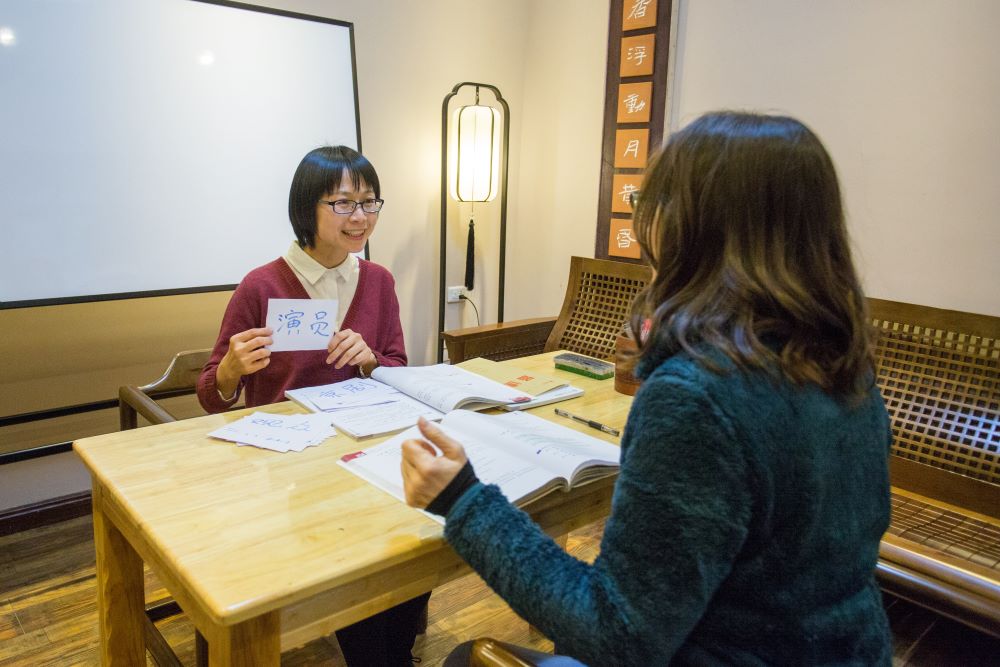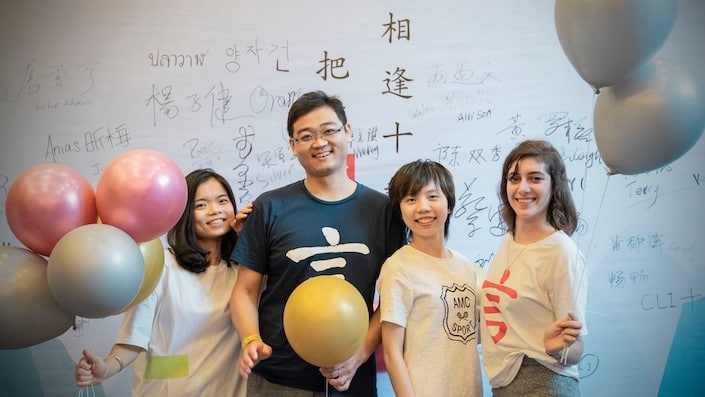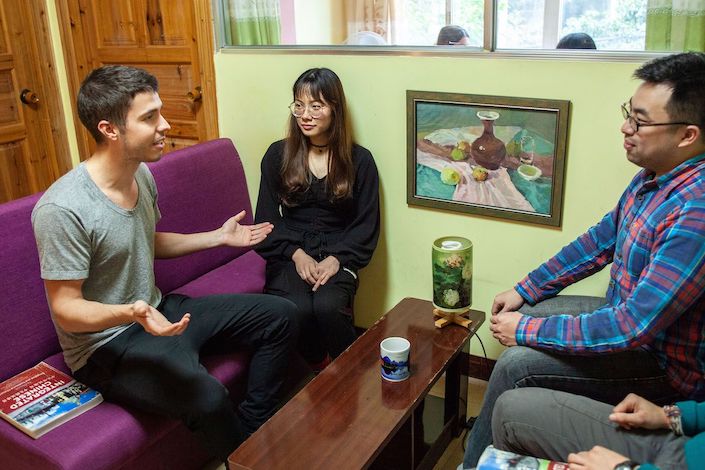The Four Drivers of Language Learning
Learn Chinese in China or on Zoom and gain fluency in Chinese!
Join CLI and learn Chinese with your personal team of Mandarin teachers online or in person at the CLI Center in Guilin, China.
To start this week’s post, let’s engage for a moment in a thought experiment. First, imagine losing all ability to communicate with others—no ability to speak and listen, no ability to share meaning.

Now, imagine the opposite. You can speak every language in the world. You can communicate fluently in any native tongue and in any context.
What makes the second scenario so ideal, and the first so dire?
Language is an immensely under-appreciated gift. Without it, we’re disconnected from one another and shared meaning is lost forever. But through language, we cooperate, we compete, we develop, and we progress. The more skilled and free we are in our language use, the more hope we have to achieve greater mutual understanding and deeper meaning in our individual lives.
We all have an innate ability to move toward this latter ideal—a world in which we communicate more openly and freely.
So, this thought experiment leads us to the more functional purpose of this week's post: what is needed to acquire a new language? After seven years developing CLI, our team has simplified the process down to four core drivers. The human brain is hardwired to learn language and share meaning. As a result, if we dedicate ourselves to the following four practices, we can acquire any new language and unlock endless opportunities to establish newfound meaning. Each of the following drivers are equally important:
1. Find your classroom
To get the ball rolling, it’s essential that you conceptualize your target language alongside the guidance of a skilled native speaker who fundamentally understands its mechanics. There is no correct “in-class” environment—your classroom can be anywhere—just remember that structure and organization are crucial.
Bottom line: learning in a structured environment from a native teacher who understands the mechanics of your target language is essential. Pay careful attention in class and absorb as much as possible.
"If you talk to a man in a language he understands, that goes to his head. If you talk to him in his language, that goes to his heart.” - Nelson Mandela
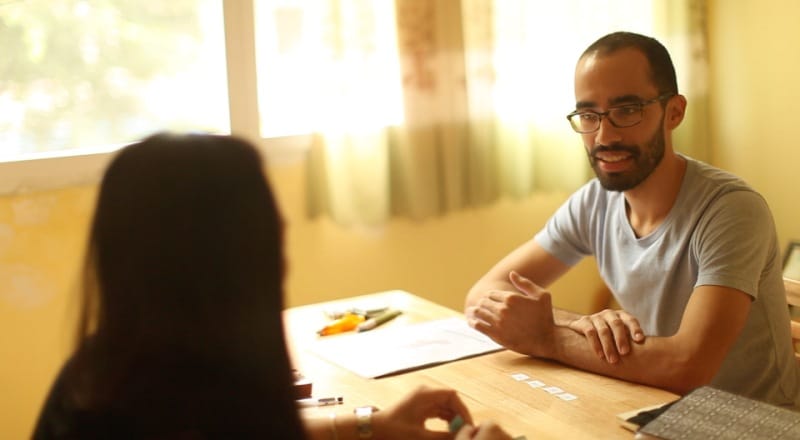
2. Study on your own outside of class every day
To learn a language, you have to put in the work. There’s no substitute for rigorously memorizing vocabulary, internalizing grammar mechanics, and then memorizing more vocabulary. Devote time every day to self-study. Think of it like eating. When it comes to language learning, you need self-study to survive. Especially early on, you have to do it daily.
Polyglot Gabriel Wyner does an excellent job introducing mnemonic devices and language acquisition best practices in his book Fluent Forever. Highly recommended reading for all language learners!
"A man’s real possession is his memory. In nothing else is he rich, in nothing else is he poor.” - Alexander Smith
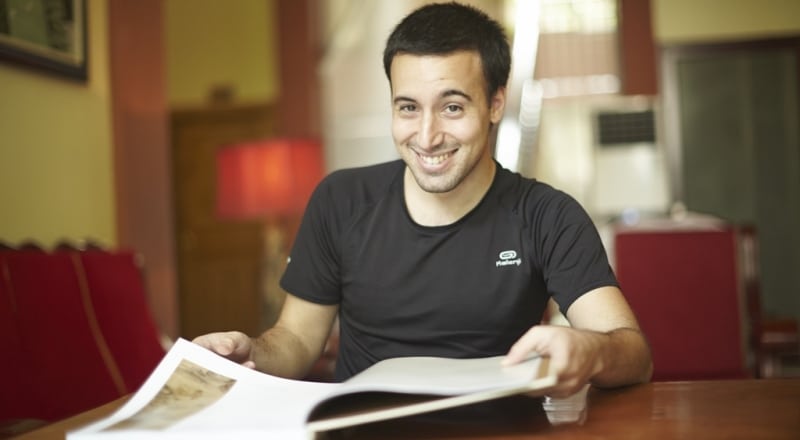
3. Interact daily in your target language
In-class learning and out-of-class self-study are only preparatory steps for the real show: interacting in your target language. After all, this is what language learning is all about, right? When acquiring a new language, you need to do this all the time. Ideally, you can learn in a country that speaks your target language. If you’re unable to do so, find native speakers in your hometown or chat with native speakers by phone or Skype. italki, an online language exchange platform, is a great place to get started!
“First you learn the instrument, then you learn the music, then you forget all that sh*t and just play.” - Charlie Parker

4. Think in your target language
This is the X factor. In order to reach fluency, you must establish an instinctual habit of thinking in your target language. We can’t stress this enough. By establishing this habit, you not only constantly practice your new language, you also no longer need to translate internal thoughts into your target language when speaking. You can thus speak naturally and fluently.
Language is a habit. It’s our only tool to share our thoughts. When our thoughts are in our target language, they flow outward without the interruption of translation. Only then can fluency be achieved.
“Genius is nothing more nor less than childhood recaptured at will.” - Charles Baudelaire

Now it’s all about action. You have the tools necessary to acquire new language and move a step closer to that ideal we explored at the beginning of this post. There’s no better time than now.



